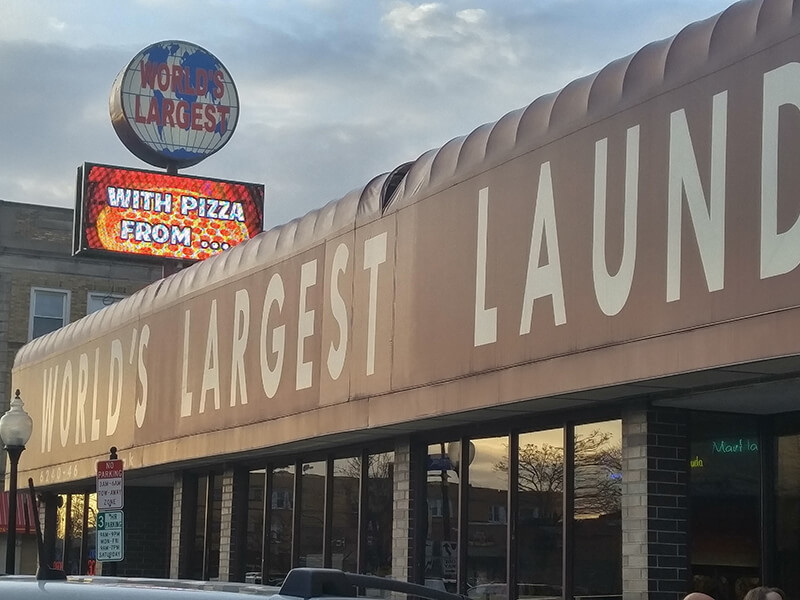For two days this past March, the somewhat esoteric worlds of early-childhood education and library science intersected with the pragmatic, bottom-line business of laundromat ownership.
Strange bedfellows, indeed. It’s a partnership that, at first glance, maybe shouldn’t work at all. But it does. Wonderfully!
The 2nd annual LaundryCares Literacy Summit in Chicago featured two days packed with presentations, panel discussions and wide-open sharing – as educators, laundry owners, librarians and industry executives met, mingled and together plotted the best ways to get books and learning materials into the hands of children in vended laundries across the U.S.
“As book character Junie B. Jones would say, ‘Wowie Wow Wow,’” summed up one of the event’s panelists, Amber Peters, who is the executive director for the Elgin Partnership for Early Learning. “I was excited to come to the Summit to share on a panel about our Language in the Laundromat projects in Elgin, Illinois. I knew from the invite that it was going to be pretty spectacular, but I had no idea I was going to get my whole heart and soul completely filled up in two days.
“I haven’t experienced that much energy and passion in one room – everyone from laundry owners to story readers – in years. There were many times over the two days that I wanted to jump up and yell, ‘Yes!’ or ‘Amen!’ My colleagues and I came home filled up, recharged and ready to take on all the laundromats in our area. Thank you to the Clinton Foundation, Too Small to Fail’s Jane Park Woo, the Coin Laundry Association and the LaundryCares Foundation for helping traditional laundromats collide with traditional early-learning opportunities, turning them into non-traditional learning spaces for children and families. I say, ‘Brilliant!’”
Another panelist during the two-day Summit was Tom Benson, who owns World’s Largest Laundromat in the Chicago suburb of Berwyn.
No one would accuse Tom of being anything but a pragmatic, bottom-line businessperson, first and foremost. A community program needs to pencil out financially for his laundromat, or it will quickly become history.
And here’s where it gets exciting.
Tom is arguably one of the true pioneers of the laundromat/literacy movement – having begun his quest to get the children of his customers reading way back in 2000. That’s 18 years before the first LaundryCares Literacy Summit was held, and a full six years before the LaundryCares Foundation was even established.
Through a popular program called Read-To-Ride, which is run in association with two local library systems, World’s Largest Laundromat offers kids the opportunity to win a bike for each book they read over the summer.
“We’ve given out 290 bikes and helmets so far, and we’ll give out another 20 in August,” Benson noted. “More importantly, between 8,000 and 9,000 books are read every summer by an average of 600 kids. Also, although we haven’t traditionally given out free books as part of this program, we did buy about 1,500 books last summer, which we have been randomly passing out at the store.”
Of course, it’s critical to remember that the important factor to Benson and all successful operators is the bottom line. Every one of Tom’s programs is tied to retaining current customers and attracting new ones. There are an infinite number of fun ideas and great things to do within a community, but they must tie into the bottom line.
That’s where the magic happens. And that’s why the laundromat/literacy marriage works so well.
“The LaundryCares Literacy Summit was one of the most productive conferences I have attended, in addition to being inspiring and fun,” said Summit attendee Mary Haley, who serves as the project director of the Addison Early Childhood Collaborative for Metropolitan Family Services in the Chicago suburbs. “Every speaker shared valuable experience and insights that will inform our work at the local community level, particularly our partnership with the local library that has committed to a deeper collaboration as we expand to more laundromats. It was moving to hear from so many laundromat owners who have made this work a personal priority, knowing that promoting children’s early learning and literacy is good for business – and for their communities.”












